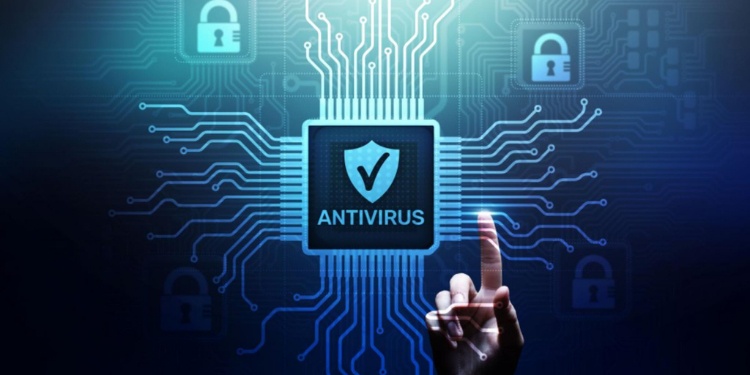What does an Antivirus do?
Every antivirus has a real-time protection function, directly controlling any file we use.
Each antivirus has a database full of code features of millions of viruses, worms, trojans, and other types of malware. These characteristics are called "virus definitions".
Because hundreds of new or mutated viruses are circulating every day, it is very important that you protect your body's computers.
Each antivirus has a database full of code features of millions of viruses, worms, trojans, and other types of malware. These characteristics are called "virus definitions".
Because hundreds of new or mutated viruses are circulating every day, it is very important that you protect your body's computers.


